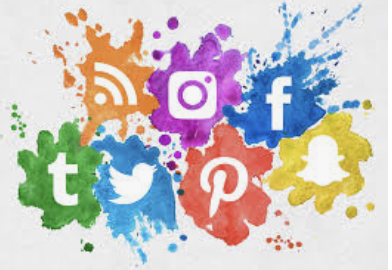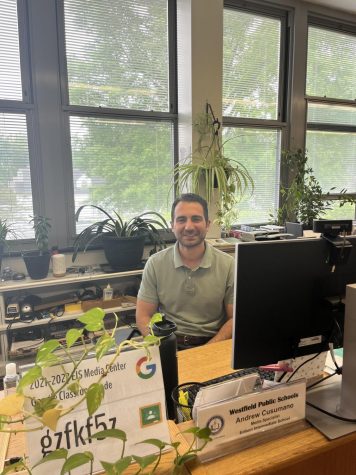Social Media is ruining people’s minds and health

How does social media affect you? Three billion people of the world’s population are using social media, and those citizens are using more than 2 hours everyday spending on liking a post. Citizens who use social media are risking mental health damage and their well-being. In the year of 2019 the number of users grew 70 percent. More has become addicted and stressing about life more. Although social media is a reliable way to get information, social media is harmful to society because it affects the mental health stage and harms citizens in everyday life when usage of the phone.
Mental health is important in young minds including fully developed minds, where at some stages, can cause depression and anxiety. “Two studies involving more than 700 students found that depressive symptoms, such as low mood and feelings of worthlessness and hopelessness, were linked to the quality of online interactions. Researchers found higher levels of depressive symptoms among those who reported having more negative interactions” (Brown). This quote demonstrates how the use of social media makes minds who have been exposed to social media, can make people feel depressed, and pessimistic. For example, if someone is addicted to their phone and notices the life they do not have, they can feel depressed and all of the matter, people could want their life really bad. Importantly depression influences lots of minds and can lead to suicidal thoughts and serious consequences. Additionally, anxiety attacks the young teens, and adults as well, the nervous system, which releases cortisol to keep the body stimulated, making people feel anxious as long as there is a anticipated threat. “Researchers have looked at general anxiety provoked by social media, characterized by feelings of restlessness and worry, and trouble sleeping and concentrating. A study published in the journal Computers and Human Behavior found that people who report using seven or more social media platforms were more than three times as likely as people using 0-2 platforms to have high levels of general anxiety symptoms” (Brown). This highlights how social media increases levels of different behaviors, and one of them being anxiety when using an extensive amount of media platforms. In spite of anxiety, taking over young teens and tweens minds of phone users can provoke people, leaving them restless and worried. Nevertheless, it can lead to trouble sleeping, which in the long run can affect mental health. Lastly, but most importantly addiction is an impact that many people can suffer from. “Nottingham Trent University in the UK have analyzed 43 previous studies on the matter, and conclude that social media addiction is a mental health problem that “may” require professional treatment.” This highlights how addiction is a disorder that is diagnosed, when citizens can’t get off their phones and use it for hours and hours. To sum up, there is much involved in the brain from all the effects of the internet; therefore, the more hours the population spends on their phone the more damage is put on the brain.
Secondly, everyday citizens go on social media platforms, which affects the brain’s behavior and patterns that cause humans to have different problems as they do their everyday activities. “A 2018 British study tied social media use to decreased, disrupted, and delayed sleep, which is associated with depression, memory loss, and poor academic performance. Social media use can affect users’ physical health even more directly. Researchers know the connection between the mind and the gut can turn anxiety and depression into nausea, headaches, muscle tension, and tremors.” This quote demonstrates how the use of social media can cause everyday physical problems including trouble sleeping which can affect delayed sleep leading to poor performance in sports and school. In addition, sleep changes people’s everyday lives because the blue light from when you are on your phone creates a strain on your eyes as well as your brain as you scroll on Netflix. “Research has found that this can inhibit the body’s production of the hormone melatonin, which facilitates sleep – and blue light, which is emitted by smartphone and laptop screens, is said to be the worst culprit. In other words, if you lie on the pillow at night checking Facebook and Twitter, you’re headed for restless slumber” (Brown). This goes to show how citizens hormone melatonin which is a scientific word otherwise known as sleep depreciation. The disturbance of blue-light makes them have irregular sleep patterns. In conclusion everyday life can affect citizens who use their phones for hours.
However, social media comes with highly encouraged positives between different societies. The media allows people to access information quickly without having to wait for the newspaper. Everything is on news websites, rather than journals and books. Typically if you wanted to learn how to start a business, you should go to business school, but if you want a starter course YouTube is the place to go. Teens are at mental health stages of their lives meaning their brains have not matured fully nor developed. When teens, tweens, and adults who need help or something goes wrong, they can ask a support system from the media. According to careerclinic, social media benefits users to having better academic score and better performance at jobs. Since there are so many resources you can look from to get the information you need.
All in all, social media is addictive, even though it can help some citizens in different ways, there are many side effects in a mental health stage, including everyday life problems. From all the evidence gathered, it is demonstrated how people are affected with addiction, depression, anxiety, etc. Social media also affects everyday life, such as sleep. Be mindful for the people who use social media for long hours can affect the people who you love and could be threatening.




